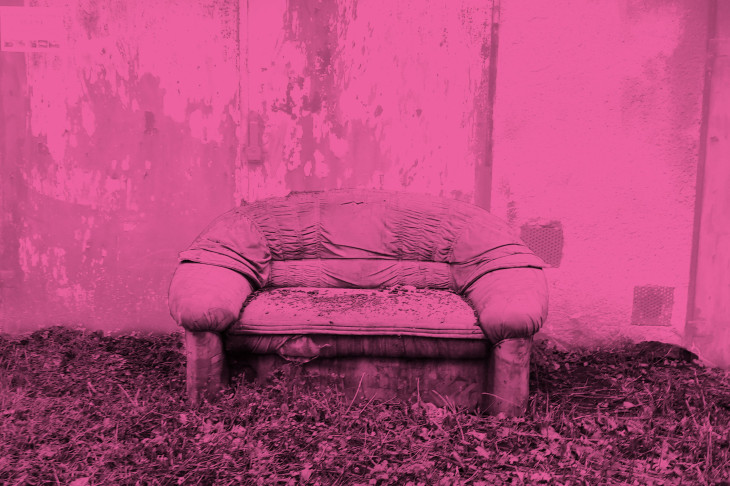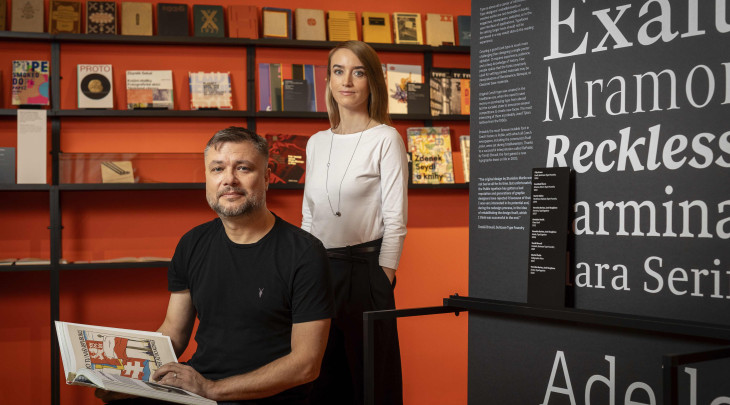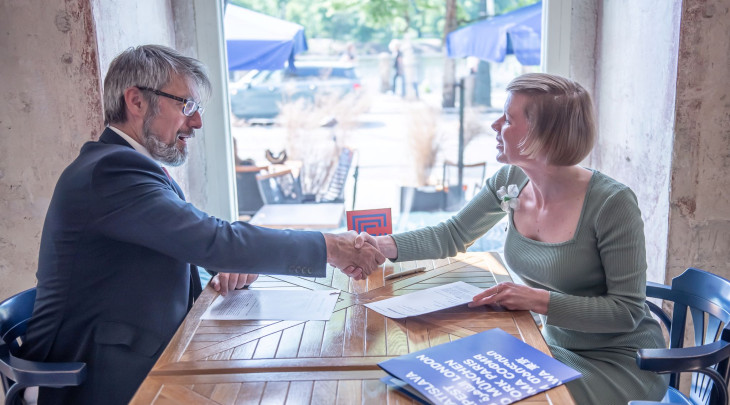Non-Places of the Cities: Dialogue between Prague and Tbilisi
- 04. 09. 2024
- News
- 2 minute read

The upcoming event in Ubani's public program features a lecture by Czech architect Anna Beata Háblová on the concept of "non-places" within cities, followed by a round table discussion with Tbilisi-based urban planner Elena Darjania and architect David Giorgadze.
The first part of the event will be devoted to the lecture by the Prague-based architect, urbanist, and writer Anna Beata Háblová. She will share her perspective about marginal spaces in towns: neglected, transitory, and overlooked places, i.e., "non-places" – not only in the sense of Marc Augé but simply as everything in contrast with an intelligibly defined public space.
"Non-places exist for various reasons: an ill-conceived development, an impractical location, or interventions in the landscape. Although they are irritating and repellent, they can also be a place to escape the predictability of the public space. Are non-places a part of the natural development of cities and a necessity in the era of flows and networks, or on the contrary, are they a result of our failure and helplessness?"
Anna Beata Háblová
Following the lecture, Tbilisi-based urban planner Elena Darjania will lead a roundtable discussion with architect David Giorgadze. Together, they will explore the spectrum of Tbilisi's urban landscape, examining the city's array of non-places, public spaces, and the areas that blur the lines between them. The conversation will address the reasons behind the spread of non-places in Tbilisi and draw insights from recent public space renovations, such as the transformation of Gudiashvili Square in the historic city center and the rehabilitation of the Mziuri Park along the Vere River valley — both projects led by architect David Giorgadze.
- You can find more information here.
You could be interested in
PF 2026
Thank you for your support and goodwill over the past year. Czech Centres wish you peaceful and joyful Christmas...
Interview with the authors of the Identity exhibition – the story of Czech graphic design
The exhibition on Czech graphic design, prepared by Filip Blažek and Linda Kudrnovská, is part of the multi-format...
Memorandum about the cooperation between the Czech Centre and the Aspen Institute Central Europe
On Monday the 26th of May, Jitka Pánek Jurková and Jakub Landovský signed a memorandum regarding the cooperation...

